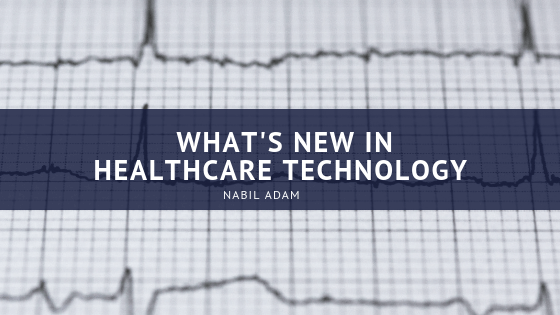The medical field is a top priority for innovative technology. By applying new developments and discoveries to healthcare technology, efforts to extend and improve the quality of life can be made. Below are a notable few of the newest technologies to emerge in the medical field.
Chatbots & Teletherapy
With the development of Artificial Intelligence (AI) on the rise, it’s no surprise that the technology is being implemented in the healthcare field. There are a number of applications and programs in development which serve as supplemental assistants; chatbots are used for scheduling appointments, filling prescriptions, documenting symptoms, and reminding users when to take medications. Most of these projects are still in testing, but the application of AI to the medical patient-facing field is remarkable.
Still very much in development are programs to function as chatbot therapists. Of course, these are not designed to replace actual psychologists but rather to serve as a diagnostics tool, as well as a sort of sounding board for when patients are uncomfortable disclosing information to another human; people sometimes prefer speaking with software as doing so limits the possibility of receiving judgment. Chatbot programs can help encourage honesty and transparency in patient/provider relationships.
Precision Cancer Therapy
Over time, the understanding of cancerous cells, tumorous growths, and effective treatments have logically grown, but the studies have reached a point where doctors are now beginning to treat cancer with individualized treatments. Rather than continue with a large-scale approach, doctors have begun tailoring treatment to the individual, based on the genetic abnormalities and general composition of the tumor and its cells. This precision-based approach will help limit the number of failed treatment attempts and improve the chances of success in treating certain forms of cancer.
Centralized Monitoring
Hospital nurses are prone to “alarm fatigue,” when the near-constant noise of hospital machinery (especially the machines monitoring for cardiac arrest) leads to desensitization. In-hospital cardiac arrest cases result in a 75% fatality rate because of this desensitization, and because of this staggering number, the search for a solution has escalated. One of the proposed solutions is the centralized or remote monitoring of hospital patients.
With this initiative, medical professionals who are off-site would be able to assess situations that trigger alarms remotely and also monitor patients’ vital signs. Doing so would limit the effects of desensitization on treatment and would help filter the alerts into false alarms and true emergencies.
Many of these new technologies are still in development, as there are issues to fix before unveiling them for common use. However, the strides being made in the field of healthcare technology are astounding, and the current state of the medical industry suggests that the future will be full of innovative programs and processes beyond the limits of our current imagination.

